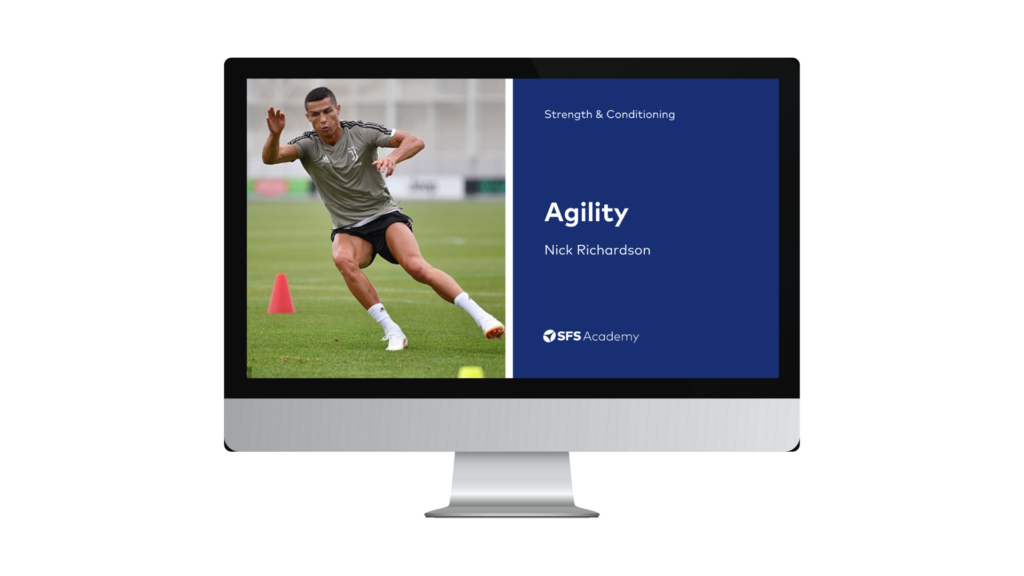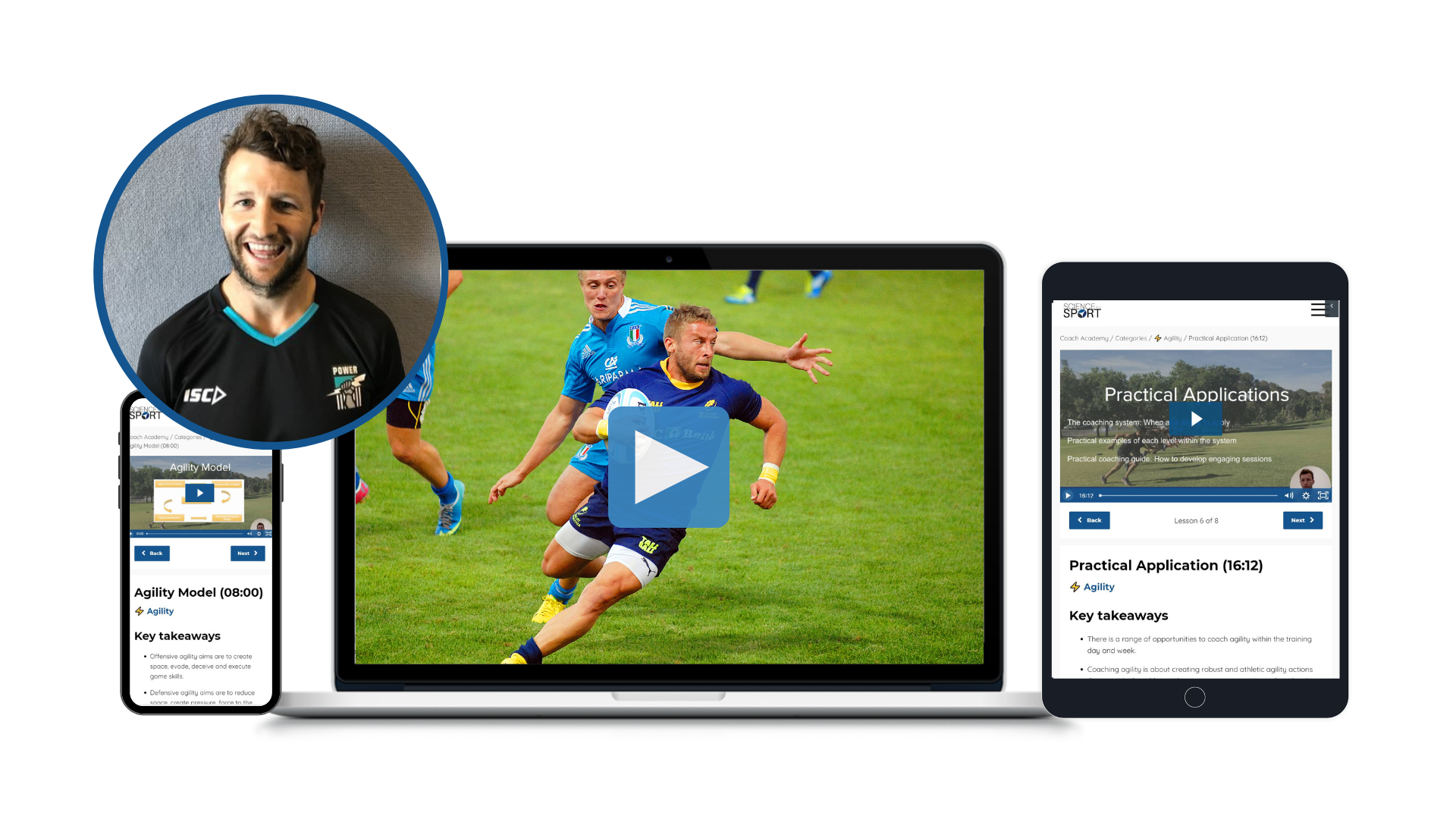How can you fast-track your recovery from a concussion?
Concussions in sport are a huge issue. Here’s how you can kick-start the recovery process after a head knock.
Concussion recovery is complex, but exercise can help
Low-intensity aerobic exercise can kick-start your recovery
Early initiation of low-intensity aerobic exercise is recommended for athletes who have suffered a concussion, a leading strength and conditioning coach and physiotherapist says.
Brooke Nairn, a strength and conditioning coach and physiotherapist based in Ireland, says current evidence suggests complete rest is no longer supported after a concussion.
“[In terms of current evidence], nothing exists to support complete rest post-concussion, but high levels of cognitive and physical activity may also delay recovery. So we want to find a balance between strict rest and high-level activity,” Nairn said during her Science for Sport presentation titled ‘Concussion Rehab.’
“Strict rest and ‘darkroom’ strategies are no longer recommended, as they are found to be outdated and ineffective. Complete rest increases risk of mental health challenges, social isolation, prolonged recovery, physical deconditioning, sleep irregularity.
“Research supports early [within one week] initiation of [low intensity] aerobic exercise. Rest during [the first] 24-48 hours, followed by early, light physical activity below symptoms threshold, such as a 10-15 minute walk, is recommended for improving recovery.”
While complete rest was not appropriate unless the symptoms were severe, Nairn said some activities should be minimised during the post-concussion period.
“Avoid reading, video games, TVs, phones and highly visual activities like shopping trips and spectating at sports events,” she said. “As tolerated, audio books, soft music, slow walks, short phone calls, sitting/eating outside [are all acceptable].”
Sleep is also a key part of the recovery process
Sleep was another key area to focus on for post-concussion, Nairn said.
“Sleep difficulty is a common complaint post-concussion – it can lead to protracted recovery and is linked to symptoms of anxiety, depression, slower rehab process,” she said.
Nairn said there were several ways to improve sleep, including developing a sound bedtime ritual, sleeping in a dark, silent room, not eating too much before bed, reduced caffeine intake and minimal use of TVs or computers before bed.
“Try to put all these elements in place,” she said.
Brooke Nairn is a strength and conditioning coach (NSCA-CSCS) and physiotherapist with a passion for helping athletes reach their full potential, through injury prevention, injury rehabilitation and strength and conditioning training. Currently, Brooke works at the Limerick Sports Injury Clinic and at PEAK health in Limerick, Ireland.




